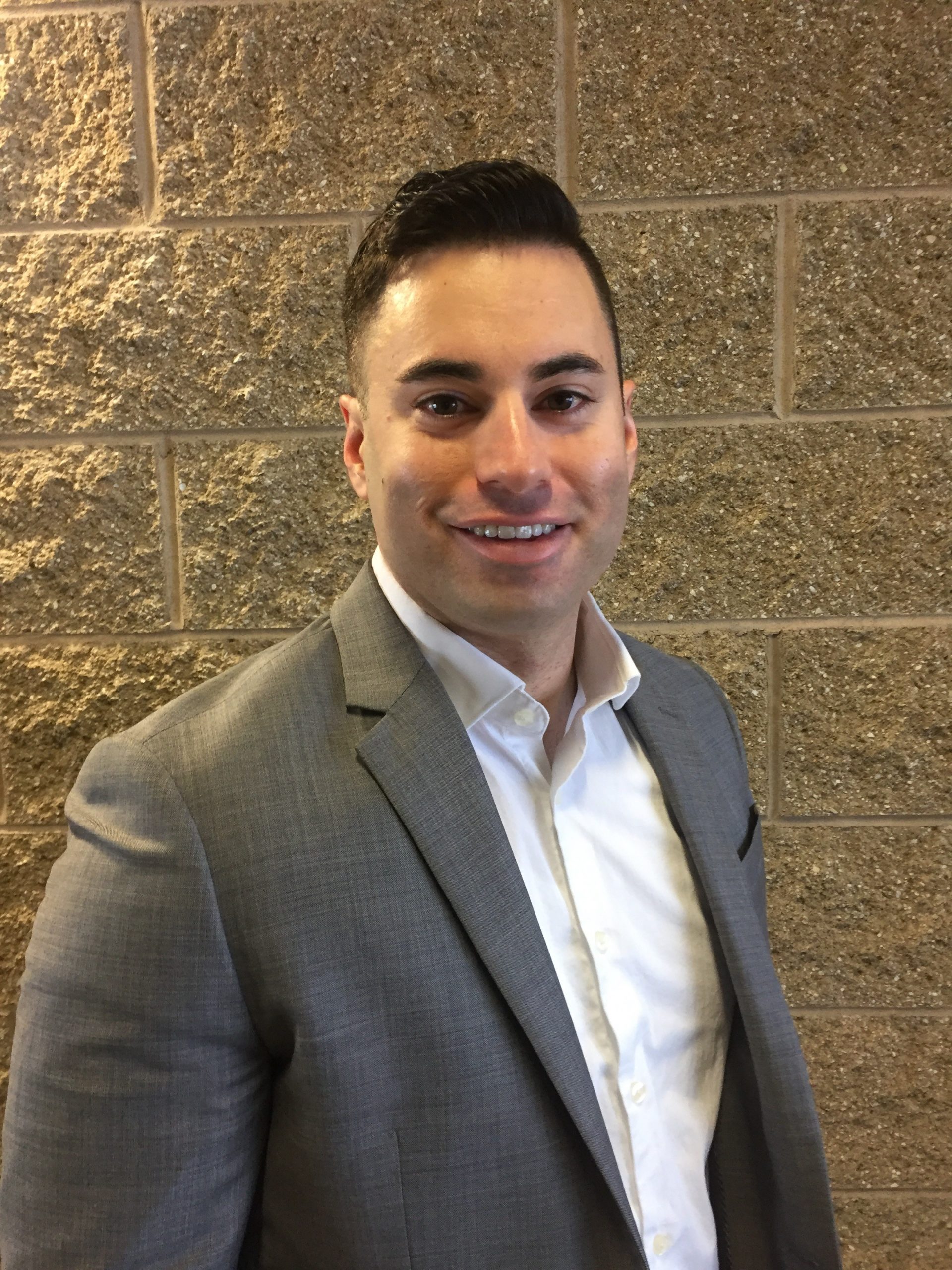Some people believe email marketing is no longer relevant because of the rise of social media and instant messaging apps. This misconception stems from the fact that other communication channels seem to be more immediate and interactive.
With the increasing use of platforms like Instagram, TikTok, and WhatsApp, many marketers and businesses feel that these tools are more effective in reaching and engaging younger, tech-savvy audiences.
There’s also the growing issue of email inbox clutter and spam filters that has made it harder for businesses to stand out. But marketing agencies know that email is far from outdated. In fact, it remains a powerful tool for personalized communication, customer retention, and driving sales when used strategically.
Email marketing can even be useful for addiction treatment centers, allowing them to reach potential clients and get started on build meaningful relationships with them. With email, you can connect with those in need of help for substance use disorders (SUDs) and communicate the benefits of your services.
Here we will talk about how addiction treatment centers can leverage email marketing effectively, focusing on strategies, content, and best practices that can help your campaigns stand out.
The Importance of Email Marketing for Addiction Treatment Centers
Addiction treatment is a sensitive and critical service. Potential clients may be struggling with a range of emotions, from desperation and fear to hope and confusion. A thoughtful and well-crafted email marketing campaign can make a significant difference in helping them understand the benefits of seeking help and why your center is the right place for them.
Before we dive right into the specific strategies, let’s look at the importance of email marketing for rehab centers. Email marketing allows addiction treatment facilities to:
Reach a Targeted Audience
Email marketing allows addiction treatment centers to reach a highly targeted audience by sending personalized messages to individuals who have shown an interest in their services.
With access to specific demographic data, centers can craft emails that directly address the needs of potential patients and their families. This level of precision ensures that the right people receive the right information about treatment options and recovery programs. This targeted approach helps maximize engagement and increase the likelihood of converting leads into clients.
Build Relationships and Trust
One of the greatest strengths of email marketing is its ability to foster long-term relationships and build trust. By sending consistent, helpful, and compassionate content, addiction treatment centers can keep recipients informed and supported throughout their recovery journey.
Regular communication through newsletters creates a sense of community, positioning the center as a trusted resource for ongoing care and guidance. Over time, this strengthens the emotional connection with recipients.
Encourage Action
Email marketing doesn’t just inform people of your services; it encourages them to take meaningful actions. Whether it’s booking an assessment, scheduling a consultation, or learning more about available treatments, emails can inspire action. By including clear calls to action (CTAs) in emails, addiction treatment centers can encourage recipients to take that crucial first step in their journey toward recovery.
Track Results
One of the biggest advantages of email marketing is the ability to track and measure results in real-time. With detailed analytics on open rates, click-through rates, and conversions, addiction treatment centers can assess the effectiveness of their campaigns and make data-driven adjustments.
This insight helps optimize email content and strategies to ensure greater engagement and improved outcomes. Treatment centers can then refine their approach and make necessary improvements. By continuously monitoring results, they can enhance their outreach and help more people.
Understanding Your Audience: The First Step in Addiction Treatment Email Marketing
To fully harness the potential of email marketing, it’s important to approach it with empathy and understanding. You also need a proper strategy that incorporates the unique needs of your audience.
The first thing you need to do before sending out any emails is to understand who you are trying to reach. The addiction treatment audience is diverse, and each individual may have different needs, concerns, and levels of readiness to seek help.
There are several key groups to consider:
- People Struggling with Addiction: These are people who may be actively searching for treatment or are in the early stages of considering help. They might be in denial or unsure about taking the first step.
- Family Members and Friends: Often, it’s the family members or friends of the person struggling with addiction who are actively looking for treatment. Your emails need to address their concerns, provide emotional support, and guide them toward getting help for their loved ones.
- Professionals and Referrers: Therapists, counselors, doctors, and other healthcare professionals sometimes look for treatment centers to refer to their clients. Through tailored emails, you can build professional partnerships that lead to referrals.
- Alumni and Past Clients: Once someone has completed treatment, staying in touch via email is an excellent way to offer continued support, share details regarding alumni events, and encourage ongoing recovery.
By understanding these different groups, you can tailor your messaging and segment your email list accordingly. This ensures that you are sending the right message to the right people at the right time.
Build and Segment Your Email List
Speaking of segmenting your email list, this is one of the most important steps in a successful email marketing campaign. However, not all email lists are created equal. Quality matters more than quantity.
Start by collecting contact information through various touchpoints like website forms, consultations, or events. Just make sure you do so while complying with privacy regulations like HIPAA.
Here are some ways to build a strong, engaged email list:
- Offer Valuable Content: Offer a free e-book, a helpful guide, or a resource on addiction treatment in exchange for email subscriptions. This gives potential clients something of value while allowing you to start building a relationship.
- Use Web Forms and Popups: Add opt-in forms or popups to your website where visitors can sign up for your newsletter, request a free consultation, or download a resource.
- Promote Through Social Media: Share links to your email signup page on your social media accounts. This can help you reach people who are not yet in your email list but might benefit from your content.
Once you have a solid list, segment it based on factors like the stage of recovery, demographics, and specific treatment needs. Segmentation allows for tailored messaging, which ensures that recipients receive only information that is relevant to them.
This targeted approach not only increases engagement but also demonstrates that you care about their recovery journey. This will ultimately help nurture long-term relationships with existing and potential clients.
Craft Compassionate and Educational Content
When it comes to creating content, rehab centers should remember that addiction is a sensitive subject. This means your emails should be compassionate, respectful, and educational. Rather than focusing solely on promoting your services, aim to provide value that addresses the challenges faced by your audience.
Content should provide valuable information about addiction recovery, whether it’s about available treatment options, success stories, and other helpful resources for support.
Additionally, content should offer encouragement and a sense of hope, making the recipients feel understood and supported in their journey. Your tone should combine empathy with education. This approach helps fight stigma while giving people the knowledge they need to make informed decisions.
Regularly sending these thoughtful, informative emails can help nurture relationships, build credibility, and ultimately guide potential clients to the right treatment path.
Here are some content ideas to include in your email campaigns:
- Informational Articles: Share articles on addiction, recovery, and the treatment process. Provide useful information about the signs of addiction, the importance of seeking help, and what to expect during treatment.
- Success Stories and Testimonials: Share the stories of people who have successfully gone through treatment at your center. This shows potential clients that recovery is possible for them too.
- Treatment Options: Educate subscribers on the different treatment options available, such as inpatient vs. outpatient care, detox programs, therapy options, and aftercare. Help them understand what might work best for their situation.
- Support for Families: Provide resources for family members, such as how to support a loved one through treatment or how to set healthy boundaries.
- Mental Health and Wellness Tips: Send regular emails with tips for mental health and wellness. These emails can be simple suggestions for stress management, healthy habits, or ways to stay motivated during recovery.
The goal is to empower your audience with information and show them that they are not alone in their struggles.
Design Emails for Clarity and Impact
The design of your emails plays a critical role in their effectiveness. When designing your email marketing campaigns, you need to prioritize clarity and impact in every message. The subject line should be concise and attention-grabbing, while the body content should be straightforward. Do not use overly complicated language or else you might lose their interest instantly.
A clean, visually appealing layout with easy-to-read fonts and well-structured sections can boost your message’s effectiveness. Consider these best practices when it comes to design:
- Mobile-Friendly: A significant portion of email opens occur on mobile devices. Make sure your emails are mobile-responsive so they look good on all screen sizes.
- Clear and Concise: Use short paragraphs, bullet points, and headers to break up the content. Avoid overwhelming readers with long blocks of text.
- Engaging Visuals: Include relevant images, such as images of your facility, your staff, or other visuals that evoke hope and healing.
- Compelling Calls to Action (CTAs): Your emails should include clear and concise calls to action. For example, “Schedule a Free Consultation,” “Download Our Free Guide,” or “Get Started with Treatment Today.”
The design should reflect your brand’s tone and personality while making it easy for recipients to navigate and take the next step.
Automate Your Campaigns
One of the most effective ways to scale your email marketing efforts is through automation. Email marketing automation allows you to send timely, relevant messages without manually sending each email.
Automated emails can deliver timely information tailored to the recipient’s stage in their recovery journey. This strategic approach ensures that potential clients receive the right message at the right time. Consider setting up the following automated campaigns:
- Welcome Emails: Send a welcome email to new subscribers, thanking them for joining your list and providing them with resources they might find helpful.
- Nurture Sequences: Develop a series of educational emails that guide potential clients through the journey of understanding addiction and the treatment process. This sequence can address common concerns and provide actionable steps.
- Abandoned Inquiry Emails: If someone fills out a form on your website but doesn’t follow through with a consultation request, send an automated follow-up email to remind them of the next steps and offer additional support.
- Post-Treatment Emails: Stay connected with past clients by sending automated emails that offer encouragement, resources, and alumni events to support their ongoing recovery.
This automated approach also frees up staff resources for other important tasks. Automation helps you stay in touch with your audience, focus on building relationships, and create content, without the need for constant manual effort.
Test and Optimize Your Campaigns
No email marketing strategy is complete without ongoing testing and optimization. This helps your facility ensure that your messages are actually resonating with their recipients.
By A/B testing subject lines, email content, and call-to-action buttons, centers can gather valuable insights into what motivates their audience. Additionally, monitoring metrics like open rates, click-through rates, and conversion rates allows for continuous improvement of email campaigns. You can figure out what’s working and what needs further adjustment.
Comply with Regulations
Finally, ensure that your email marketing campaigns comply with legal requirements, such as the CAN-SPAM Act. This includes:
- Obtaining Consent: Make sure you have explicit consent to send emails to your subscribers.
- Providing an Unsubscribe Option: Include an easy-to-find unsubscribe link in every email.
- Protecting Subscriber Information: Safeguard the personal data of your subscribers and be transparent about how you use it.
Adhering to these regulations not only ensures compliance but also builds trust with your audience.
Work with MasterMindSEO
Addiction treatment email marketing is a powerful tool for connecting with those who need help and guiding them through their journey toward recovery. Contrary to popular belief, email can still be an impactful marketing strategy especially if you utilize the tips above.
Remember, email marketing for addiction treatment is not just about promoting your services; it’s about providing hope, guidance, and support to those who need it most. With empathy, strategic planning, and the right tools, your email campaigns can make a lasting impact on the lives of those struggling with addiction.
Work with a company you trust so that you can craft a marketing strategy that reaches those who need your services the most.
MasterMindSEO has experience in performing digital marketing campaigns for e-commerce, national, regional and local businesses. Email or call and we will be happy to see how we can help your center get more leads and help more patients!
Ready to take your addiction treatment SEO to the next level? Want to rank your detox center on Google Maps? Let MasterMindSEO help you.
[button color=”undefined” hover_text_color_override=”undefined” url=”https://bookme.name/MasterMindDBS” text=”Get More Admits!” color_override=””]

